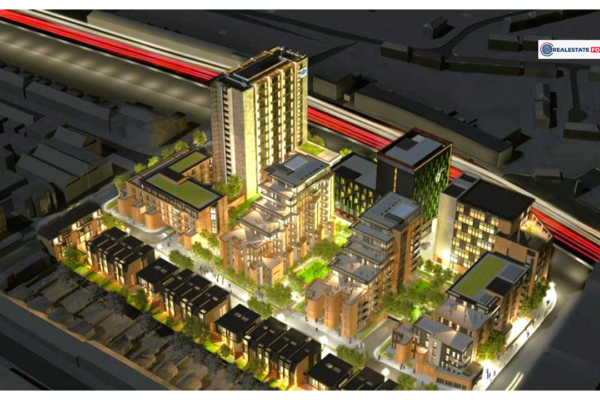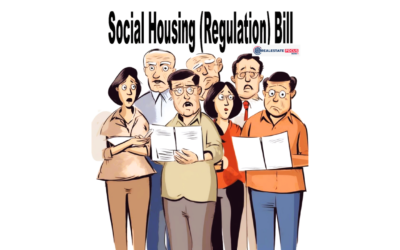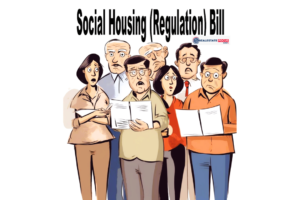

The Reformation of Real Property Valuation: Insights on the RPVARA and its implementing Rules and Regulations
The Real Property Valuation and Assessment Reform Act (RPVARA) overhauls the Philippines’ approach to valuing real property. The RPVARA aims to create transparency in property assessments.
Key Objectives of the RPVARA
The RPVARA aims to establish a single valuation base for taxation by standardizing assessment practices across the country. It requires a National Valuation Database. This will ensure consistency and improve access to valuation data for the government and private sectors.
Implementing Rules and Regulations (IRR)
To operationalize the RPVARA, its Implementing Rules and Regulations (IRR) outline clear guidelines for compliance. The IRR emphasizes collaboration between LGUs, the Department of Finance (DOF), and other stakeholders to ensure smooth implementation.
Streamlining Processes and Reducing Corruption
One of the Act’s primary benefits is the reduction of corruption risks. RPVARA removes discretionary powers in valuation processes. This minimizes under- or over-valuations that have historically plagued the system.
Impact on Tax Administration and Investors
The reform benefits both taxpayers and the government. Taxpayers gain a clearer understanding of property taxes, reducing disputes and appeals. Meanwhile, a standardized system improves revenue collection for LGUs, boosting funding for public services.




































